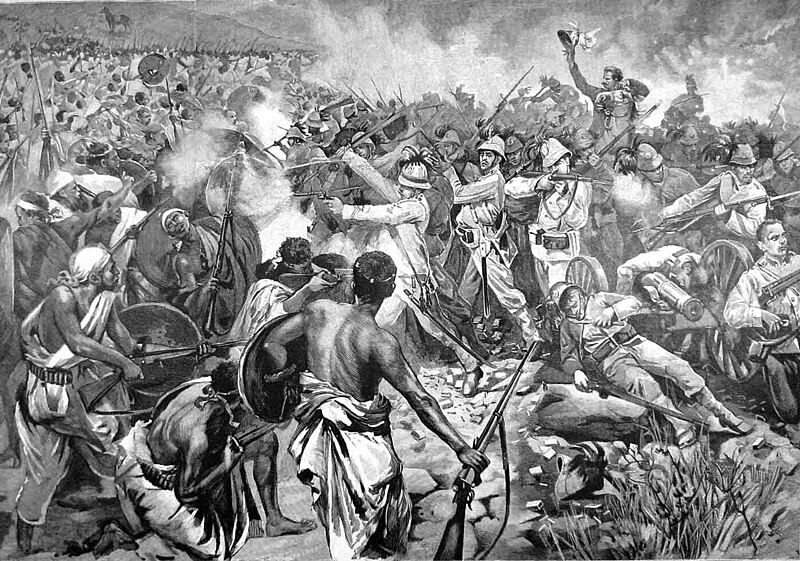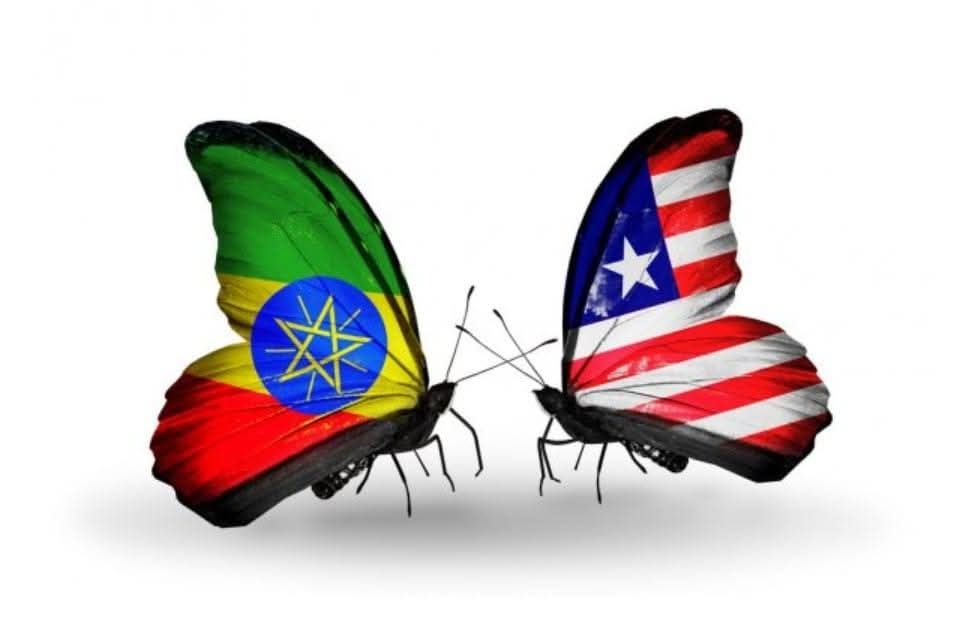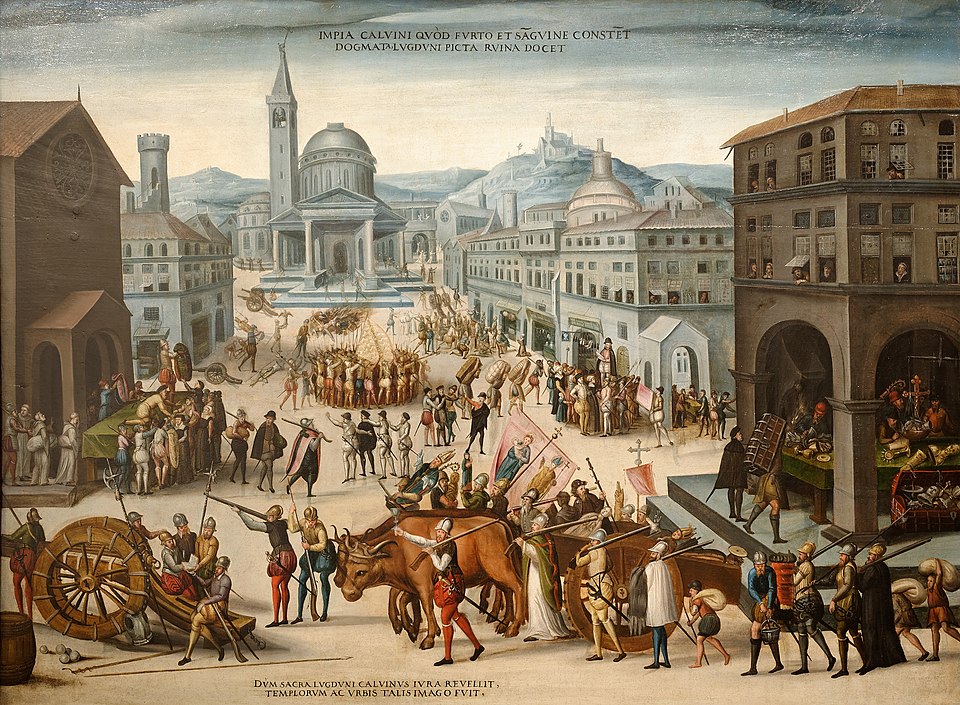ITALIO-ETHIOPIAN WAR: The Symbolic Battle of Adwa (Adowa)

Did you know that in the Battle of Adwa (also known as Adowa), Ethiopia became the only surviving African State that successfully defeated a European colonial power (Italy) in open battle?
By the end of the 19th century, European powers had carved up almost all of Africa after the Berlin Conference; only Ethiopia and Liberia still maintained their independence. The Battle of Adwa was the climactic battle of the First Italo-Ethiopian War. The Ethiopian forces defeated the Italian invading force on Sunday 1 March 1896, near the town of Adwa.
The decisive victory thwarted the campaign of the Kingdom of Italy to expand its colonial empire in the Horn of Africa. Adwa became a pre-eminent symbol of pan-Africanism and secured Ethiopian sovereignty until the Second Italo-Ethiopian War 40 years later.
In 1889, the Italians signed the Treaty of Wuchale with the then King Menelik of Shewa. The treaty, signed after the Italian occupation of Eritrea, recognized Italy's claim over the coastal colony. In it, Italy also promised to provide financial assistance and military supplies.
A dispute later arose over the interpretation of the two versions of the document. The Italian-language version of the disputed Article 17 of the treaty stated that the Emperor of Ethiopia was obliged to conduct all foreign affairs through Italian authorities, effectively making Ethiopia a protectorate of the Kingdom of Italy. The Amharic version of the article, however, stated that the Emperor could use the good offices of the Kingdom of Italy in his relations with foreign nations if he wished. However, the Italian diplomats claimed that the original Amharic text included the clause and that Menelik II knowingly signed a modified copy of the Treaty.
The Italian government decided on a military solution to force Ethiopia to abide by the Italian version of the treaty. As a result, Italy and Ethiopia came into confrontation, in what was later to be known as the First Italo-Ethiopian War.
On the night of 29 February and the early morning of 1 March, three Italian brigades advanced separately towards Adwa over narrow mountain tracks, while a fourth remained camped. Unbeknownst to the Italians, Emperor Menelik knew their troops had exhausted the ability of the local peasants to support them and had planned to break camp the next day (2 March). The Emperor had risen early to begin prayers for divine guidance when spies from Ras Alula, brought him news that the Italians were advancing.
The Emperor summoned the separate armies of his nobles and with the Empress Taytu Betul beside him, ordered his forces forward. The Ethiopian forces positioned themselves on the hills overlooking the Adwa valley, in perfect position to receive the Italians, who were exposed and vulnerable to crossfire.
Initially the Italian artillery inflicted heavy casualties on the Ethiopian formations until a portion of the Ethiopians led by Balcha Safo deployed their quick-firing Hotchkiss guns on the lower side of Mount Abba Gerima. The Italians advantage in artillery fire was removed and their guns were silenced as they were slaughtered by the Ethiopian artillery.
The Italian General Baratieri, realizing that the battle was lost, ordered a general retreat. He tried to get the last uncommitted units of the Italian reserve column led by General Ellena to cover the retreat. But before they could form up, their lines were broken by a flood of fleeing Italian soldiers. The reserve had no chance to form a coherent defence and were overwhelmed within minutes. By noon, the Italian center was completely broken and the Ethiopian cavalry from Shewa and Wollo then pursued the fleeing Italians relentlessly.
This defeat of a colonial power and the ensuing recognition of African sovereignty became rallying points for later African nationalists during their struggle for decolonization, as well as activists and leaders of the Pan-African movement. As the Afrocentric scholar Molefe Asante explains:
“After the victory over Italy in 1896, Ethiopia acquired a special importance in the eyes of Africans and black people all over the world alike, as the only surviving African State that successfully defeated a European colonial power in open battle. Italy's government who had viewed them as an inferior barbaric race were brought to their knees and subsequently forced to recognize the African nation of Ethiopia as an equal. After Adowa, Ethiopia became emblematic of African valor and resistance, the bastion of prestige and hope to thousands of Africans who were experiencing the full shock of European conquest and were beginning to search for an answer to the myth of African and black inferiority as well as invoking a strong sense of Pan-Africanism towards to people of African-american origins who had suffered equally appalling injustices at the time and many centuries before.”
Source: Wikipedia
#penglobalhistory



